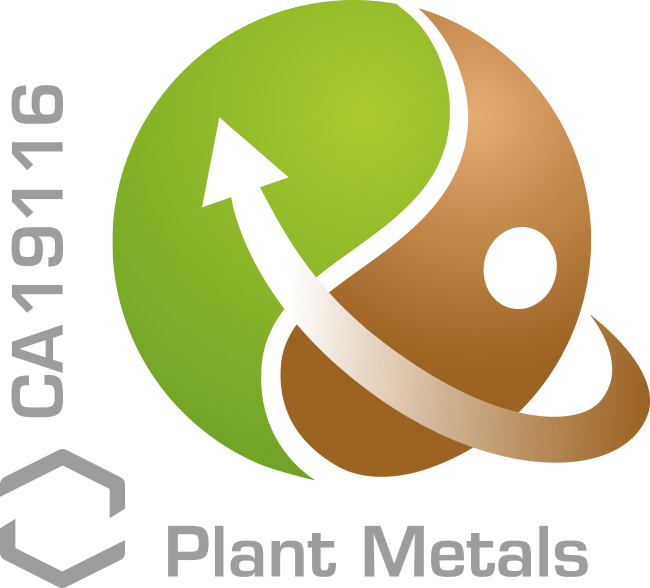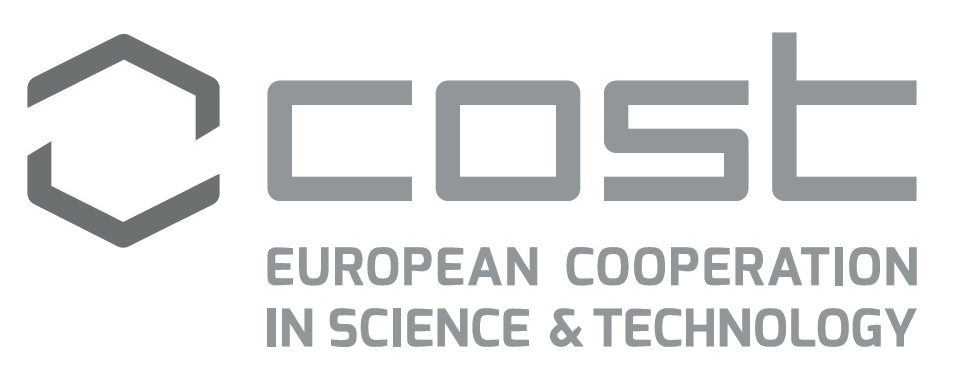Trace metal metabolism in plants -
PLANTMETALS

Objectives of
PLANTMETALS
Research Coordination
Objectives
|
| 1) Progress in basic science using the
synergies of expertise in the network: Determine
transport pathways of metals from the soil to and
through the plant; understand how plant
metalloproteins are functioning; evaluate by which
mechanisms metal deficiency and toxicity affect
plants and how this is modulated in plant-microbe
interactions. |
| 2) Develop/improve methods to achieve
the scientific goals, in particular in the fields
of analysing metal uptake, localisation and
speciation in plants incl. determining optimal
preparation methods. We will also set a detailed
protocol to determine the metal nutritional status
of plants, as well as their bioavailability for
plants. |
| 3) Provide knowledge to the
agricultural sector regarding localisation and
bioavailability of micronutrients in plant
products. Make available to farmers the best
management practices for micronutrients
considering crops, soils and climatic conditions.
This includes agronomic approaches for reducing
toxic metal accumulation in plants and providing
microbial inoculants that enhance micronutrient
uptake. |
| 4) Environmental and agricultural risk
assessment: Evaluate the relevance of different
proposed mechanisms of metal-induced inhibition of
plant metabolism under environmentally relevant
conditions. |
| 5) Phytoremediation of polluted soils
and aquifers. Our action will improve the basis of
this technology by revealing physiological and
biochemical mechanisms of hyperaccumulation using
the synergies of different field of expertise in
the network |
| 6) Train researchers from the public
and private sectors in metal imaging and
speciation methods, particularly in sample
preparation, in order to avoid incorrect
conclusions from artefactual metal re-distribution
or changes in speciation during sample preparation |
| 7) Provide expert advice in forums
(pro and contra) dedicated to genetic modification
and the use of synthetic biology in agriculture |
| 8) Increase public awareness of the
importance of trace metals in biology and their
impacts on human nutrition and public health. Help
industry with the technical base for the
production of micronutrient-based fertilisers and
authorities in their regulation |
Capacity Building
Objectives
|
| 1) Bridging the gap between
fundamental scientists and the applied
(productive, commercial) sector |
| 2) Transferring new technologies for
metal studies to the community working on trace
metals in plants |
| 3) Generating knowledge and new
insights for end users to test micronutrient
deficiency in crop plants, fertiliser safety and
bioavailability, also in relation to the new EU
regulation on fertilisers |
| 4) Characterising and evaluating the
role and safety of biological fertilisers, as well
as agrochemicals, in micronutrient nutrition of
crop plants |
| 5) Developing an EU-wide network of
plant metallomics analyses |
| 6) Training of young researchers
through mobility promotion in academic and private
sectors |
designed
by Hendrik
Küpper, last modified 11
January 2021

